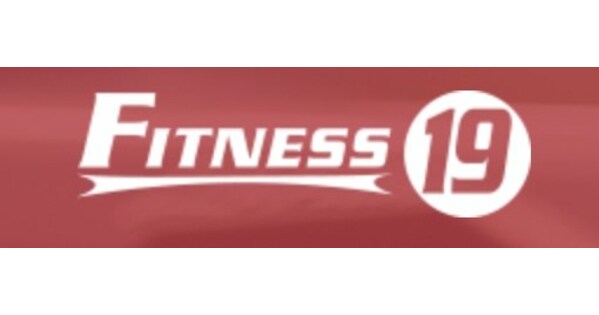Bussiness
On Your Side: Better Business Bureau warns prospective college students to beware of financial scams

SPRINGFIELD, Mo. (Edited News Release/KY3) — While prospective college students await their highly anticipated acceptance letters this spring, they’re also starting to think about finding financial aid.
The Better Business Bureau advises students and their families to watch out for scholarship scams and be cautious when working with companies that offer to find financial aid opportunities for a fee. For students struggling to pay for tuition, a sudden scholarship offer or a financial aid company that guarantees results can seem like a dream come true – but it could also be the setup for a scam.
“Most scholarship information is available for free,” said Michelle L. Corey, BBB St. Louis president and CEO. “Be wary of websites, seminars or other programs that promise to find financial aid opportunities for a fee. Some companies guarantee results they can’t deliver.”
Some scammers will pose as financial aid representatives and use high-pressure tactics to get students to pay a “processing fee” to be eligible for a “guaranteed” scholarship or grant. They may also use a fake scholarship application to steal personal or financial information from applicants.
Fraudulent financial aid companies may promise a money-back guarantee if students can’t secure a scholarship, but they also set so many conditions that it can be impossible to get a refund. Legitimate companies can sometimes help students find aid, but they will not guarantee results.
Students should also be wary of unsolicited scholarship offers – especially those asking for an application fee. It’s generally free to apply for scholarships.
BBB, which awards a Student of Ethics scholarship, recommends students look into free options for finding financial aid, such as speaking with a high school counselor or researching online.
Tips for avoiding financial aid scams:
- Check for federal aid first. Students can fill out the Free Application for Federal Student Aid (FAFSA) and find other financial aid resources at studentaid.gov. This no-cost application is a good starting point for your search.
- Ask trusted sources. Discuss your options with your guidance counselor or financial aid office – they’re available to help you! They may recommend scholarships or free resources for finding aid. If you’re considering a paid service, ask them if they have experience with it.
- Take your time. Don’t rush into paying for help at a seminar and be cautious if a company pressures you to buy immediately. There are lots of options for finding financial support, many of them free, so give yourself time to research.
- Do your research. Investigate any financial aid company you are considering using. Check the company’s BBB Business Profile at BBB.org to find consumer reviews, ratings and other information that can tell you how the company operates.
- Ask questions. Be cautious if a company is reluctant to answer your questions about the service or the process. A reputable organization should be able and willing to answer.
- Get references. Ask for the names of families in your community who have used the service in the last year so you can discuss their experience.
- Get it in writing. Ask for information about fees and refund policies in writing. Keep in mind that dishonest companies may refuse to provide refunds despite their stated policies.
- Beware of unsolicited offers. Be cautious of letters or emails saying you’ve been selected to receive a scholarship you never applied for. Ask how the organization got your name and contact information. Research the source before you click unfamiliar links or call numbers in these messages.
- Report it. If you suspect a company running a financial aid scam, report it to BBB Scam Tracker℠ to help other students like you.
To report a correction or typo, please email digitalnews@ky3.com
Copyright 2024 KY3. All rights reserved.








